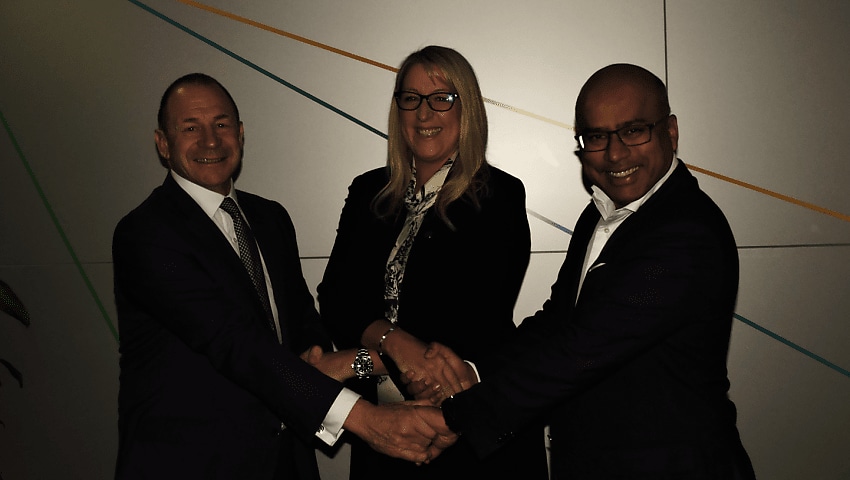BlueScope and Liberty OneSteel will supply more than 48,000 tonnes of Australian steel for Australia's nine future frigate vessels if BAE Systems secures the $35-billion project.
Under the partnerships, BlueScope will potentially provide plate steel which will be manufactured at its facility in Port Kembla, NSW while Liberty OneSteel will provide structural steel sections for the future frigates from its Whyalla facility, as well as products for 4,000 tonnes of structural steel for shipbuilding infrastructure, including cradles and other fixtures.
Liberty OneSteel will also have the opportunity to provide value added processing, fabrication and welding in the Whyalla supply chain prior to delivery.
BAE Systems is offering its Global Combat Ship-Australia (GCS-A) for the SEA 5000 project, a variant of the Type 26 Anti Submarine Warship that is currently being manufactured in the UK for the Royal Navy, while Fincantieri has offered the FREMM-Frigate and Navantia has offered the F-5000.
BAE Systems Australia chief executive, Gabby Costigan, said the decision to work with the steel companies is part of its commitment to utilise Australian companies where possible for the project.
"For SEA 5000 we are committed to building the future frigates in Australia using Australian suppliers at every opportunity," Costigan said. "This includes maximising the use of Australian steel on the program. We are proud to support the Australian steel industry throughout our business and will grow that support if we are successful on SEA 5000."
Liberty OneSteel executive chairman, Sanjeev Gupta, said the company, which just a year ago was named Arrium and facing a potential shutdown, was "honoured to be involved with such an exciting project" should BAE Systems be awarded the contract.
"It’s vital for the future of our industry that government projects adopt an Australian-made focus, so we commend BAE Systems for prioritising local products and services and trust this focus will assist in its bid," Gupta said.
"SEA 5000 provides an opportunity to build on the decades-long industrial and shipbuilding partnership between Australia and the UK – one founded on trust and capability. From our perspective it will be a positive for our Whyalla operations, as it would represent another order on the books and assist in our strategy to increase utilisation of the plant."
BlueScope’s general manager of sales, marketing and innovation, Bernie Landy said: “BlueScope applauds BAE Systems in its commitment to maximise the use of Australian steel should it be selected by the Australian federal government to build the future frigates.
“This is not only a significant opportunity for BlueScope but for the broader Australian manufacturing industry. We are thrilled about the prospect of a large scale local shipbuilding industry in Australia and are fully committed to assisting in its development,” Landy said.
BlueScope, together with Bisalloy Steel, is also working with Rheinmetall to deliver armoured steel for processing and supply to local and export military vehicle programs, including LAND 400 Phase 2 and recently signed new contracts with Naval Group Australia to produce up to 250 tonnes of specialised steel for the Navy’s 12 next generation submarines.
The steel produced will be tested to determine whether it meets the specification for the pressure hull of the future submarines, an essential safety requirement.
A decision of the SEA 5000 project is expected as early as the end of May. The winner of the project will design, build and sustain nine vessels that will replace the Anzac Class frigates.






